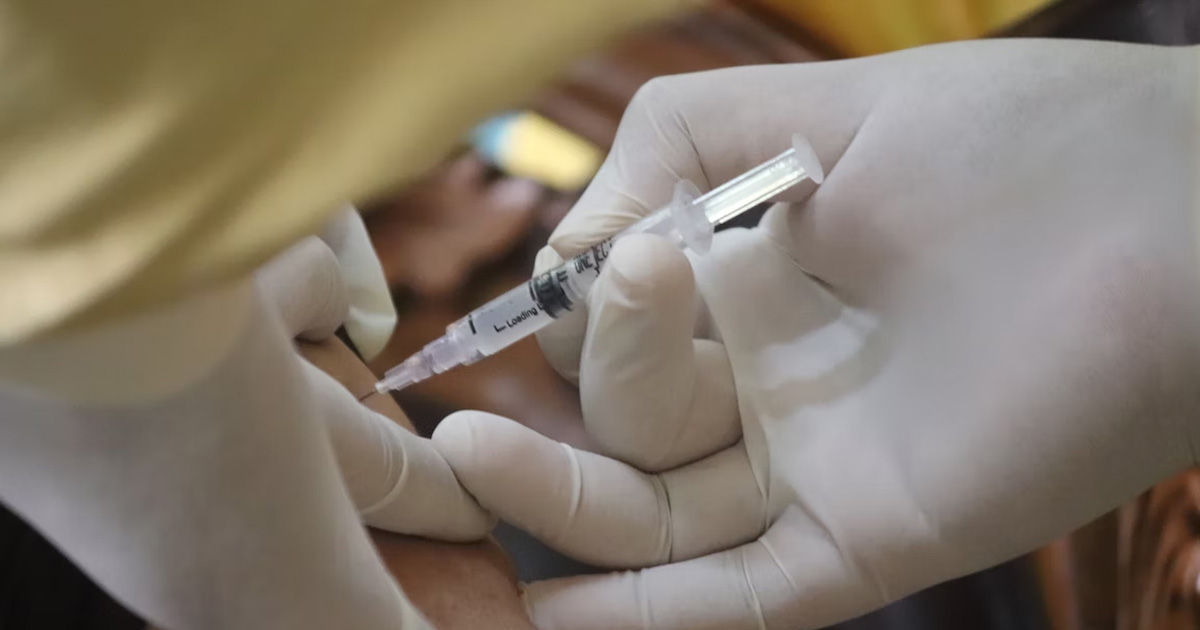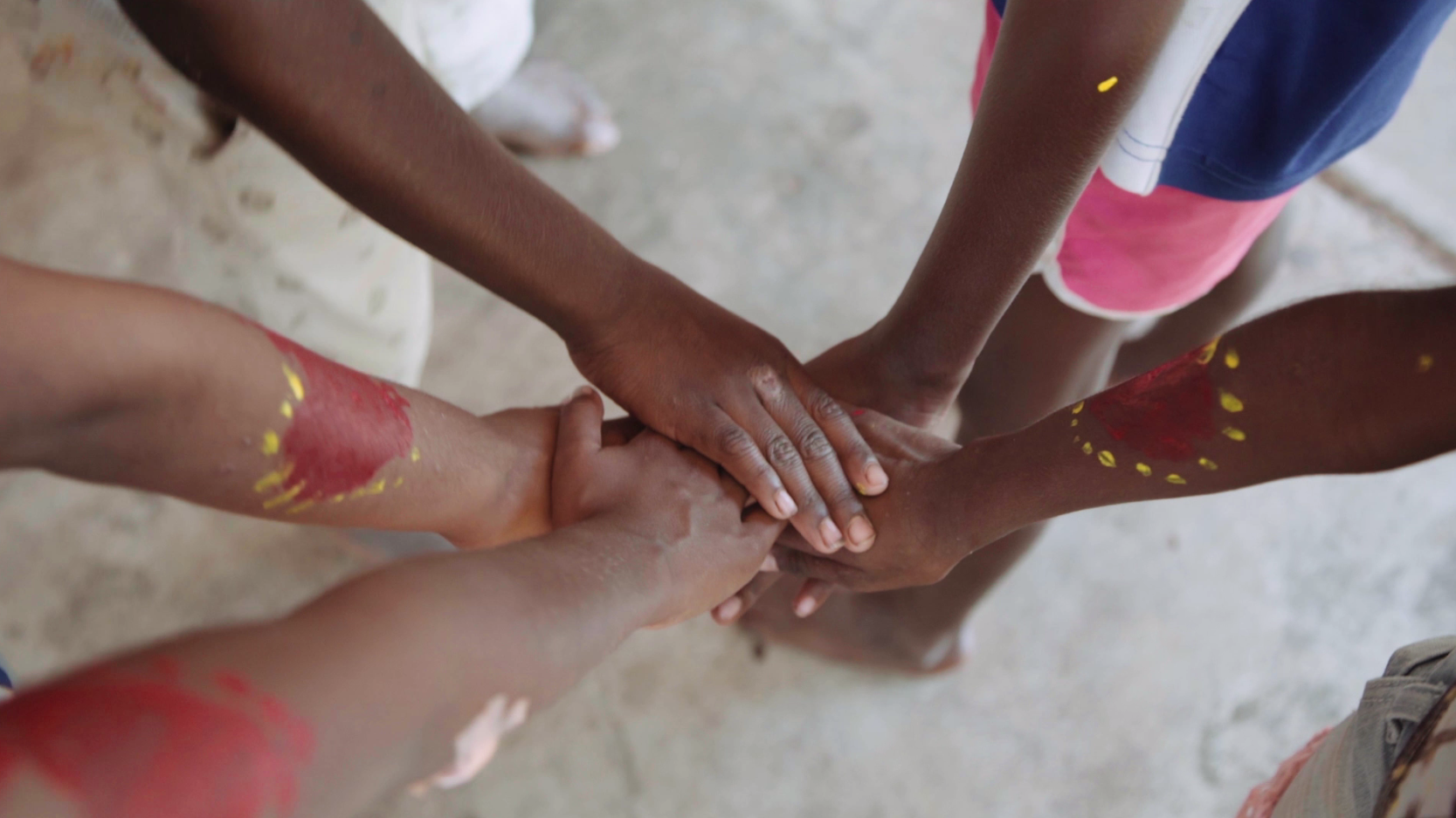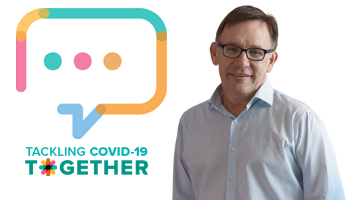Search
Showing results for "Au"
Research
Energy drink consumption among young Australian adults: Associations with alcohol and illicit drug useAustralian energy drink users tend to have heavier alcohol consumption patterns be a cigarette smoker and use illicit drugs relative to non-users.
Research
A comparison of autism prevalence trends in Denmark and Western AustraliaPrevalence statistics for autism spectrum disorders (ASD) vary widely across geographical boundaries. Some variation can be explained by diagnostic methods...
Research
Late-talking and risk for behavioral and emotional problems during childhood and adolescenceAlthough many toddlers with expressive vocabulary delay ("late talkers") present with age-appropriate language skills by the time they are of school age,...
Research
The Effects of Using the Sun Safe App on Sun Health Knowledge and Behaviors of Young Teenagers: Results of Pilot Intervention StudiesA balanced approach toward sun exposure and protection is needed by young people. Excessive sun exposure increases their risk for skin cancers such as melanoma, whereas some exposure is necessary for vitamin D and healthy bones. We have developed a new iOS smartphone app-Sun Safe-through a co-design process, which aims to support healthy and balanced decision-making by young teenagers (aged 12-13 years).
Research
Quality of life is poorly correlated to lung disease severity in school-aged children with cystic fibrosisThere is no data exclusively on the relationship between health-related quality-of-life (HRQOL) and lung disease severity in early school-aged children with cystic fibrosis (CF). Using data from the Australian Respiratory Early Surveillance Team for Cystic Fibrosis (AREST CF) we assessed the relationships between HRQOL, lung function and structure.
Research
Provision of Engagement Services for the AEDCSupport services to the Department of Education and Training and the AEDC State and Territory Coordinators and their support staff across Australia.

News & Events
RSV vaccine for pregnant women provides protection for babies: studyA world-first study has found a new vaccine against potentially deadly respiratory syncytial virus (RSV) is safe and effective for use in pregnant women, to help protect their babies.

News & Events
Community-led research set to revolutionise treatment of rheumatic heart diseaseYoung Aboriginal and Torres Strait Islander people receiving long-term, painful injections to prevent deadly complications from rheumatic heart disease (RHD) will design their own optimum treatment program thanks to latest research at The Kids Research Institute Australia.
Research
Outcomes and endpoints reported in studies of pulmonary exacerbations in people with cystic fibrosis: A systematic reviewThere is no consensus about which outcomes should be evaluated in studies of pulmonary exacerbations in people with cystic fibrosis (CF). Outcomes used for evaluation should be meaningful; that is, they should capture how people feel, function or survive and be acknowledged as important to people with CF, or should be reliable surrogates of those outcomes. We aimed to summarise the outcomes and corresponding endpoints which have been reported in studies of pulmonary exacerbations, and to identify those which are most likely to be meaningful.

News & Events
Clinical trial to examine whether “mixing” COVID-19 vaccine boosters is more effectiveTop infectious disease experts in Australia will lead a clinical trial to determine whether combining different Covid-19 vaccines in the nation’s booster immunisation will increase effectiveness.
